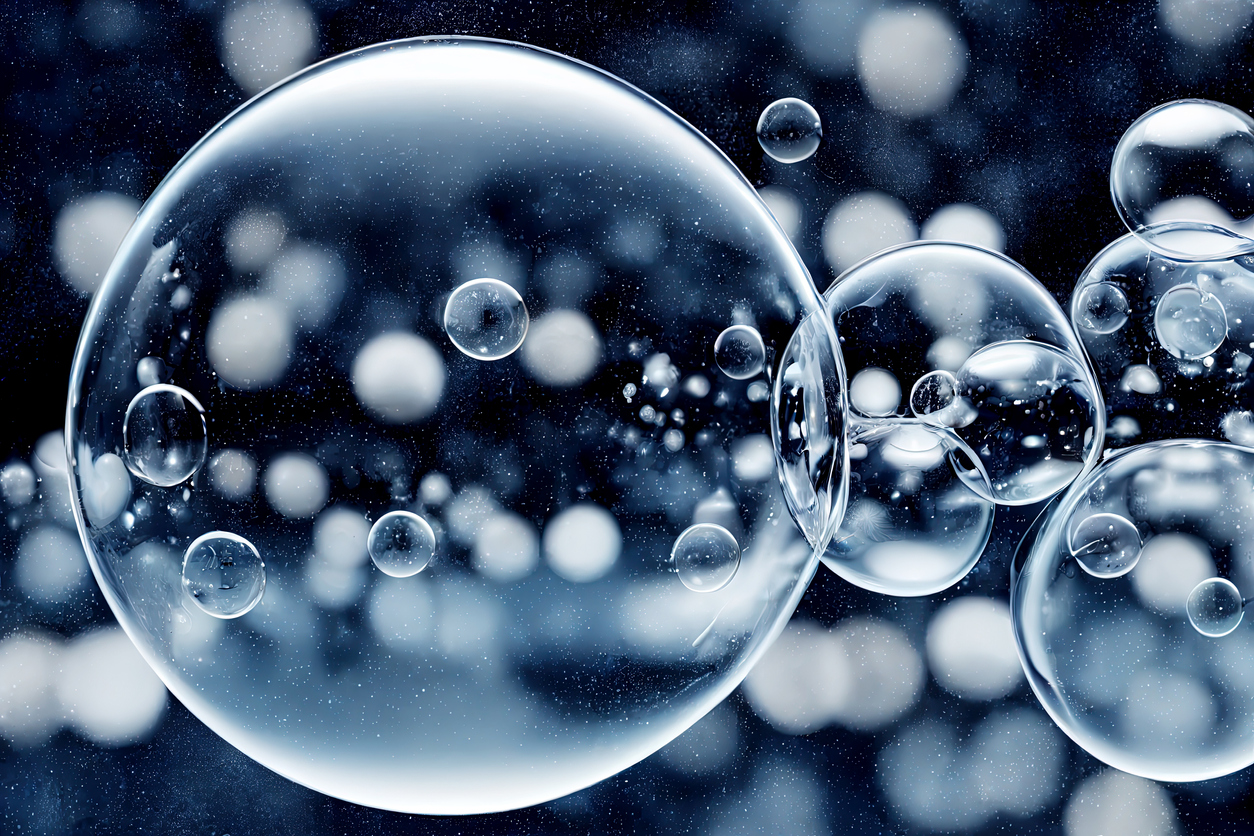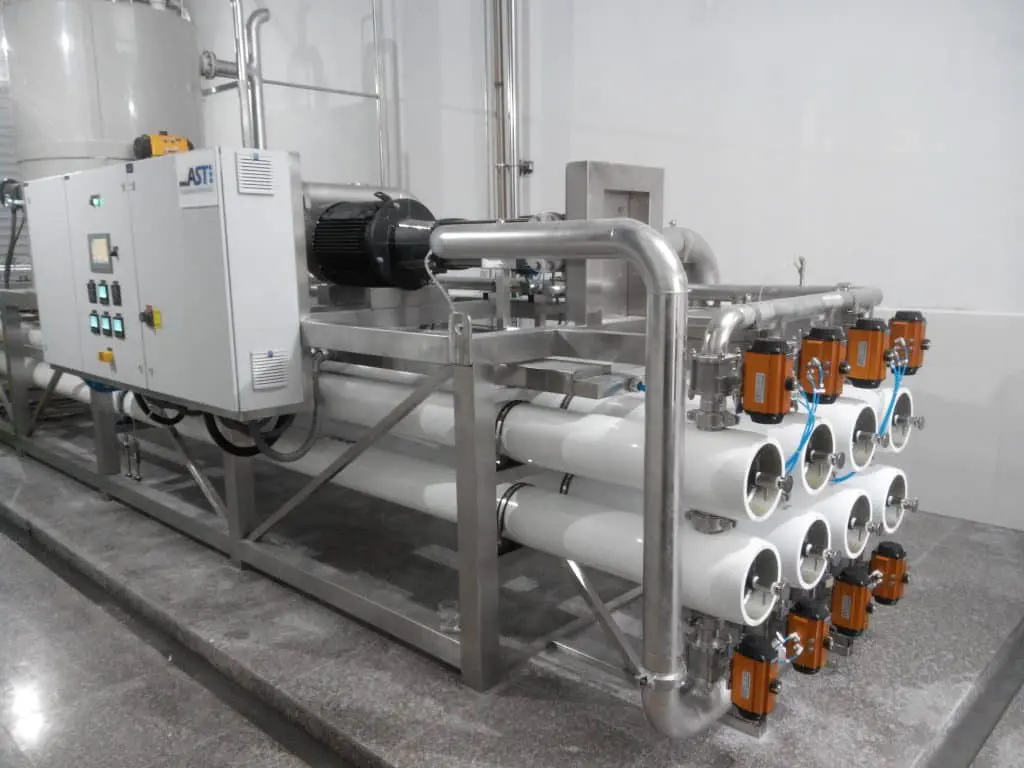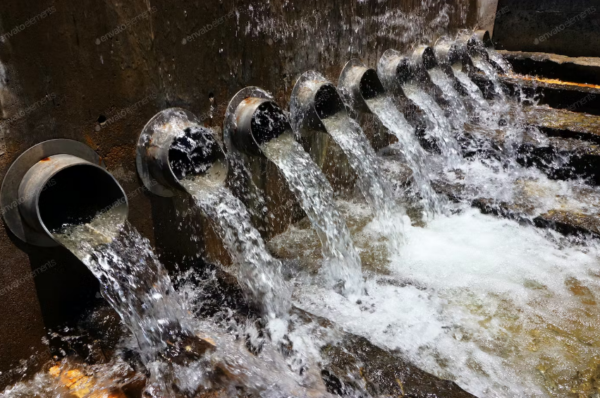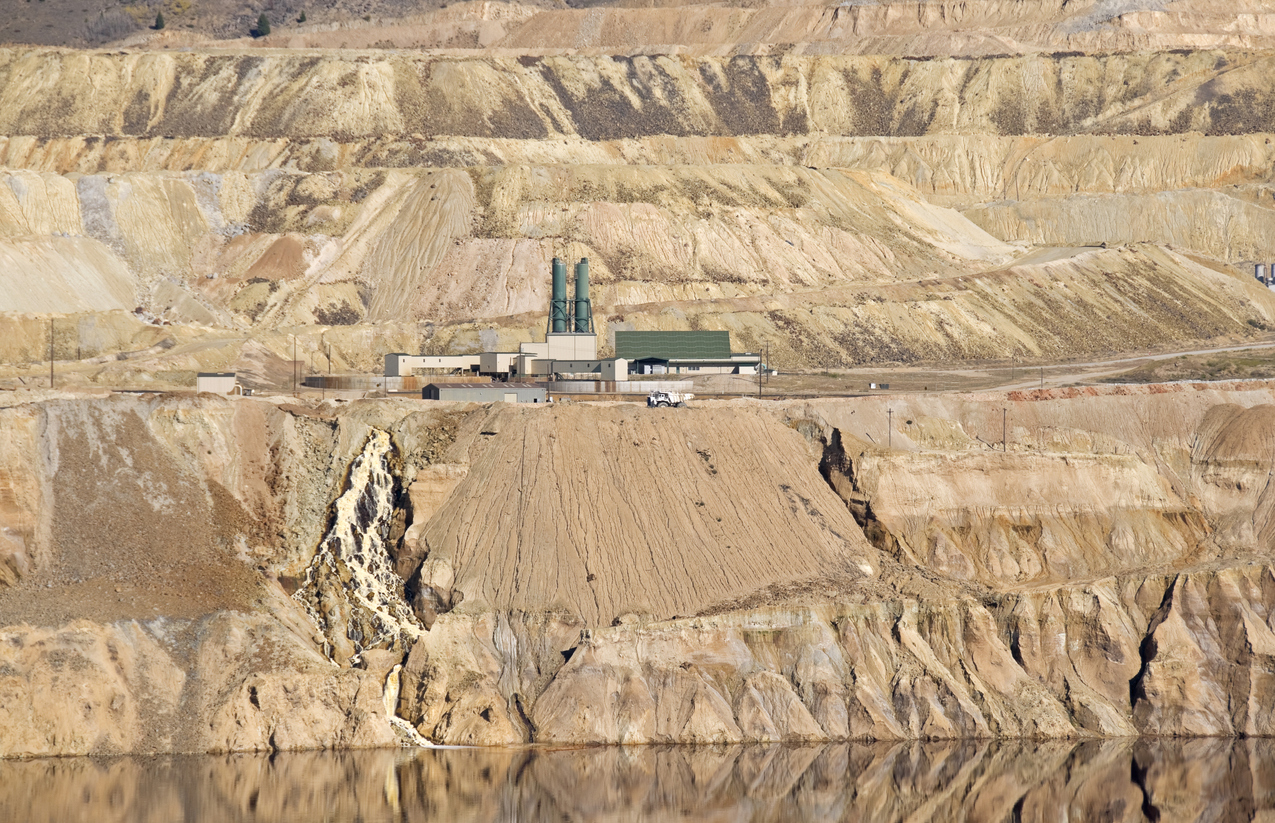What are industrial wastewater treatment methods?
Wastewater treatment is an essential process that ensures reuse or safe discharge of wastewater generated by various industries to sewage or sea . The wastewater contains harmful contaminants chemicals such as heavy metals and organic matter, which can be hazardous to human health and the environment. Industrial wastewater treatment process involves physical, chemical, desalination and biological processes, depending on the type and concentration of pollutants present.
This article provides a comprehensive overview of various industrial wastewater treatment methods, their advantages, and their disadvantages. It also discusses the characteristics of wastewater generated by different industries and their corresponding treatment methods.
Advanced Oxidation Processes (AOPs)
Advanced Oxidation Processes (AOPs) are a vital industrial wastewater treatment method that involves generating highly reactive hydroxyl radicals to degrade pollutants in wastewater.
AOPs have proven highly effective in removing various pollutants, including organic compounds, heavy metals, and pathogens. However, implementing AOPs can be expensive, and skilled operators are required to carry out the process successfully.
MEMBRANE FILTRATION
Membrane filtration is another effective industrial wastewater treatment method that utilizes a semi-permeable membrane to separate pollutants from wastewater physically. Membrane filtration has been shown to be highly effective in removing suspended solids, bacteria, and viruses from wastewater. Nevertheless, this method can be expensive to operate, and the membranes may become fouled over time.
BIOLOGICAL TREATMENT
Biological treatment is a natural industrial wastewater treatment approach that employs microorganisms to minimize organic compounds in the wastewater. This method is highly effective in removing organic pollutants and can be used in combination with other treatment processes to achieve high-quality effluent. However, it requires a longer retention time than other treatment processes, and fluctuations in temperature and pH can affect the process.
CHEMICAL TREATMENT
Chemical treatment is a method that employs chemicals to remove pollutants from wastewater. This approach can remove a wide range of pollutants, including heavy metals, pathogens, and organic compounds. Chemical treatment can be a cost-efficient and effective method of treating wastewater. However, the chemicals used in the process can be hazardous to human health and the environment.

Reverse Osmosis (RO) Desalination - ROTEC Technology

ROTEC Technology is an innovative solution for industrial wastewater treatment that employs cutting-edge techniques. The focus of this Technology is on Flow Reversal, a highly effective method of treatment. ROTEC’s advanced treatment technologies are capable of removing a wide range of contaminants, including organic and inorganic compounds, suspended solids, and microorganisms.
ROTEC solutions are both cost-effective and environmentally friendly. Consequently, they are a popular choice for industries seeking to reduce their environmental impact and comply with strict industrial wastewater regulations.
ROTEC’s desalination solutions are highly customizable and tailored to the specific needs and requirements of each individual customer. This allows optimal wastewater treatment results while minimizing operational costs and maximizing wastewater recovery.
Different Industries and Their Wastewater Characteristics
Various industrial activities generate wastewater that often contains a variety of pollutants, including organic and inorganic matter, suspended solids, pathogens, and chemicals.
The following are some examples of industries and their wastewater characteristics:

Mining Industry

The mining industry generates wastewater that can contain various contaminants such as heavy metals, dissolved solids, and organic compounds. A range of solutions and methods are offered to treat this wastewater. Physical treatment methods involve removing solids from wastewater through screening, sedimentation, and filtration.
Others include advanced technologies for treating mining wastewater, such as inorganic pollutants removal using cutting-edge proprietary technology via a highly accurate method, enabling both the reduction of perchlorate concentration and recycling the perchlorate for additional use in the process thus increasing fertilizer quality.
Food and Beverage Industry
Wastewater generated by the food and beverage industry typically contains high levels of organic matter, fats, and grease, as well as nutrients such as nitrogen and phosphorus. Biological treatment methods, such as activated sludge and aerated lagoons, are commonly used in this industry to break down organic matter and remove nutrients.
Chemical treatment methods can also be effective, particularly for removing fats, oils, and grease from wastewater. Additionally, membrane filtration can be used to remove suspended solids and bacteria, resulting in high-quality effluent suitable for reuse.
ROTEC provides tailored desalination solutions for the food and beverage industry. These solutions are designed to meet the specific needs and requirements of each customer while decreasing environmental footprint by minimizing chemicals and specific energy consumption, Cleaning In Place (CIP) events and downtimes.

Pharmaceutical Industry
The pharmaceutical industry produces wastewater that can contain high levels of organic matter, nutrients, and a variety of pharmaceutical compounds. Many of these compounds are not easily removed through traditional treatment methods and can pose a threat to the environment and public health if not properly treated.
To address these challenges, the pharmaceutical industry often employs a combination of physical, chemical, and biological treatment methods. Membrane filtration can be used to remove suspended solids and bacteria, while chemical treatment can be used to oxidize or neutralize specific compounds.
Biological treatment methods can also be effective, particularly for breaking down organic matter and removing nutrients. However, specialized treatment methods may be required to remove certain pharmaceutical compounds, such as activated carbon adsorption or advanced oxidation processes.
ROTEC offers advanced technologies for treating pharmaceutical wastewater. These desalination solutions are designed to remove a wide range of contaminants, including pharmaceutical compounds, while increasing wastewater reuse.
CONCLUSION
Industrial wastewater treatment is a crucial process that helps protect public health and the environment. A variety of methods and technologies are available for treating different types of wastewater, depending on the industry and the specific contaminants present.
ROTEC’s innovative solutions incorporate a leading-edge Flow Reversal Reverse Osmosis (FR-RO) desalination technology. These solutions are designed to provide effective treatment while minimizing environmental impact and reducing operational costs.
As industries continue to grow and evolve, the need for efficient wastewater treatment will only increase. By investing in innovative solutions and technologies, we can maximize production value while protecting our natural resources and ensuring a safer, more affordable and sustainable future for all.


